Desire to deliver short-term financial gains has left rugby and its players dangerously compromised
It simply isn’t sustainable to keep demanding players go back to the well week after week for more than 40 weeks a year
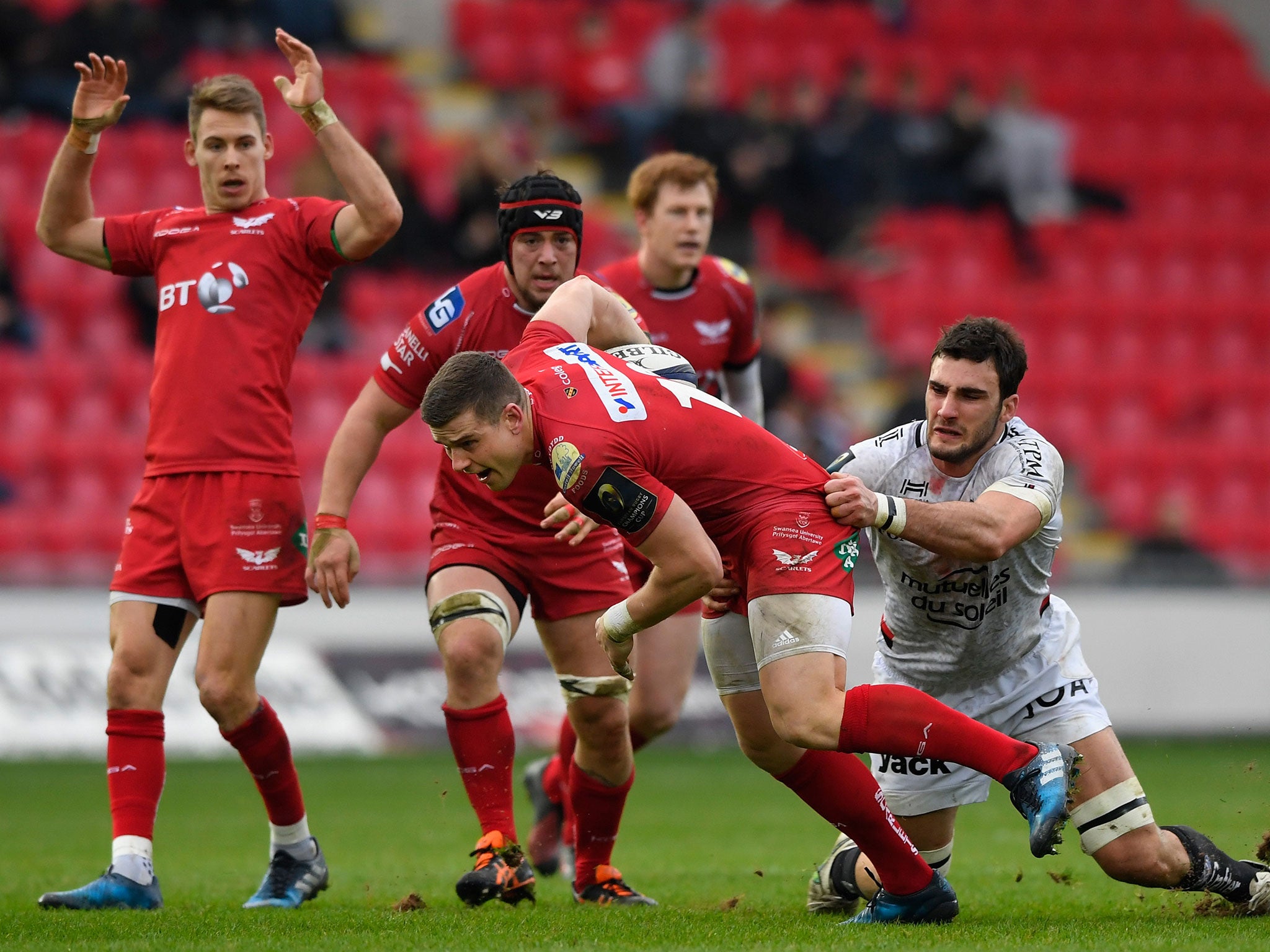
Stuart Lancaster must have felt as if he’d been repeatedly tickled around his chin with a limp stick of celery on Tuesday as the serialisation of Rob Andrew’s book ‘revealed’ what everybody already knew.
Lancaster and his soon-to-be sacked coaching team lost their collective nerve in the days leading up to their disastrous 2015 World Cup campaign and panicked into picking an untried, untested and unfancied rugby league convert in one of the most important games in English rugby history.
It was a terrible call and undermined Lancaster’s credibility in the eyes of some of his squad and the wider public.
News flash? No. A knock-out blow to Lancaster’s resurgent coaching career? Far from it. An exercise in buck passing from the man largely responsible for appointing him England head coach in the first place? Most definitely. The most interesting line in Andrew’s soon-to-be released book ‘The Game of my Life’? Not by a long chalk.
On Sunday, last season’s Pro12 champions and upwardly mobile Scarlets will face three-time European champions Toulon - heavyweights in every sense of the word - at the Stade Felix Mayol before soberly packing their bags, regardless of the result, and boarding a flight back to Wales to begin preparations to face Bath at Parc-y-Scarlets five days later.
That’s right: five days later.
Scarlets head coach Wayne Pivac has protested at the shear folly of asking, nay demanding, professional sportsmen engage in one of the most physically demanding sports on the planet twice in five days, but it has, predictably, fallen on deaf ears. Crack on lads.
A European Professional Club Rugby (EPCR) waffled something this week about the tournament schedules having been signed off by Premier Rugby, Pro14 and broadcasters and that the tournament organisers tried to avoid such scenarios. But hey, there are only so many days in a year, so many weekends in the calendar.
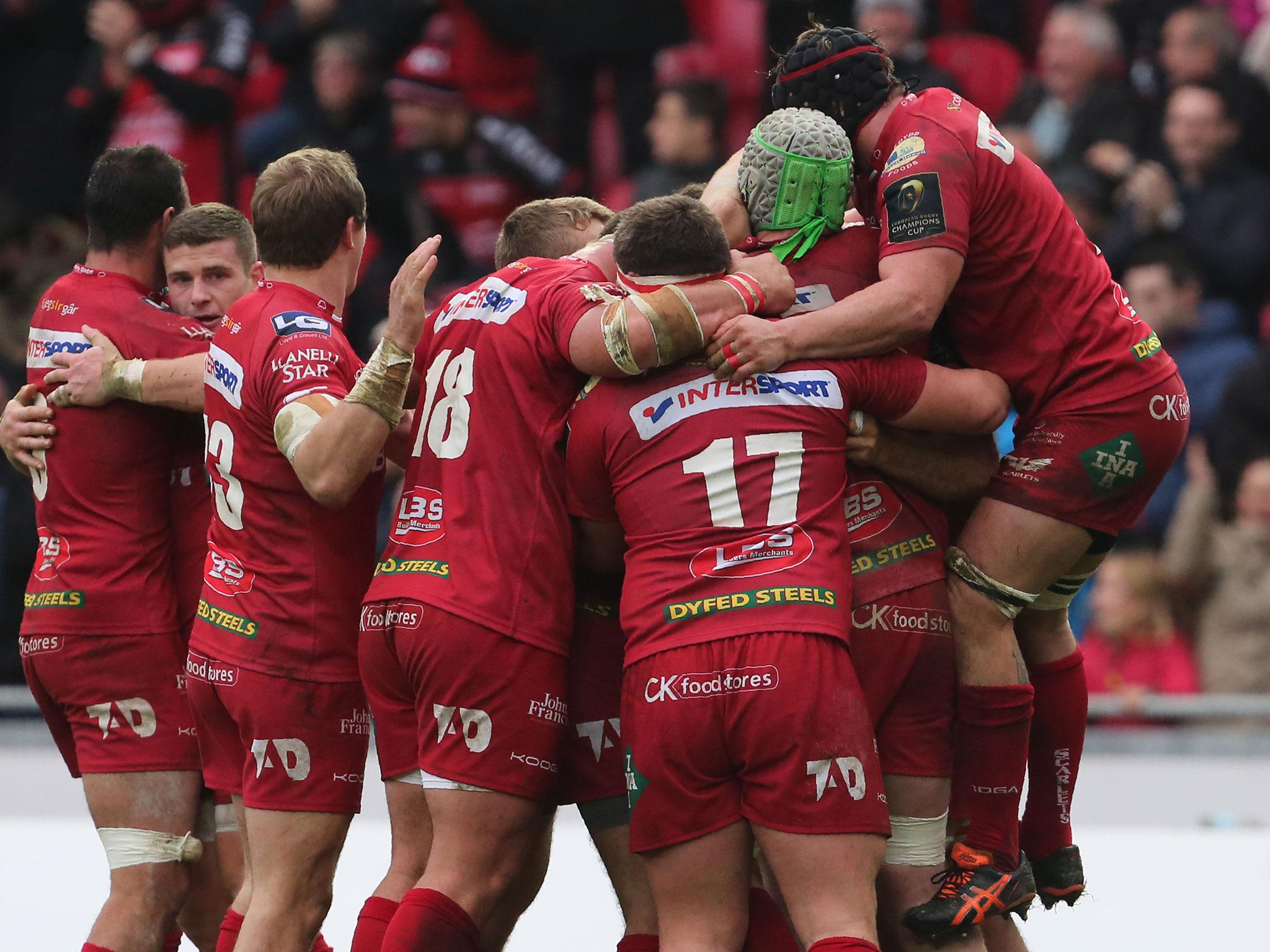
That Bath - who face an altogether less arduous outing against Italian outfit Benetton at the Recreation Ground on Saturday - will have fully 24 hours extra time to recover will not just give them a psychological advantage but it will also, under the controversial six-day return-to-play concussion rule, most likely also give them a material advantage as any Scarlets player who fails a Head Injury Assessment against Toulon will automatically be ruled out, regardless of whether they are symptom free.
Put simply, it’s unfair.
The tournament is demeaned, the contests devalued and players health potentially compromised.
So what on earth has all this got to do with Andrew’s book? Quite a lot actually. Because hidden away at the foot of another extract on Wednesday were some fascinating lines.
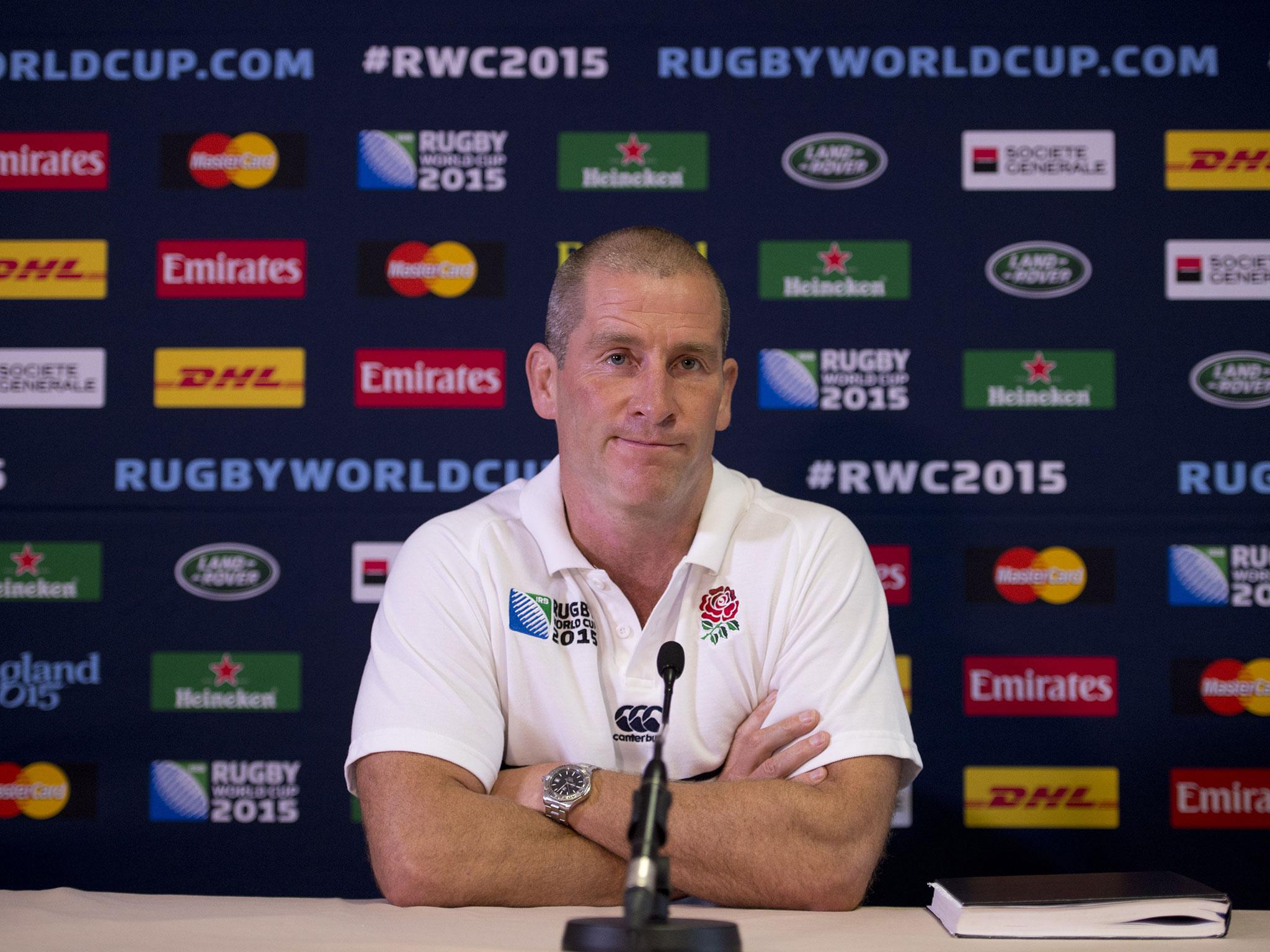
“The game I played in the closing decade of the amateur era was completely different from the one we watch and marvel at today,” Andrew says, acknowledging an irrefutable fact which everybody involved in the sport agrees upon except a few self-serving administrators.
“Yet despite that, we continue to demand more of the players; more rugby at ever-higher velocity, at ever greater risk to life and limb.”
(Question: Can anyone recall Andrew ever admitting that when he was actually in a position to do something about it?)
“The reason? No-one wants to cut back on the number of matches because matches mean money.
“There is part of me that wonders if the situation can possibly be resolved without some form of industrial action from the workers who provide the entertainment.
“Where rugby finds itself now is in the early stages of a conflict over the nature of the compromise – a scrap for viability.
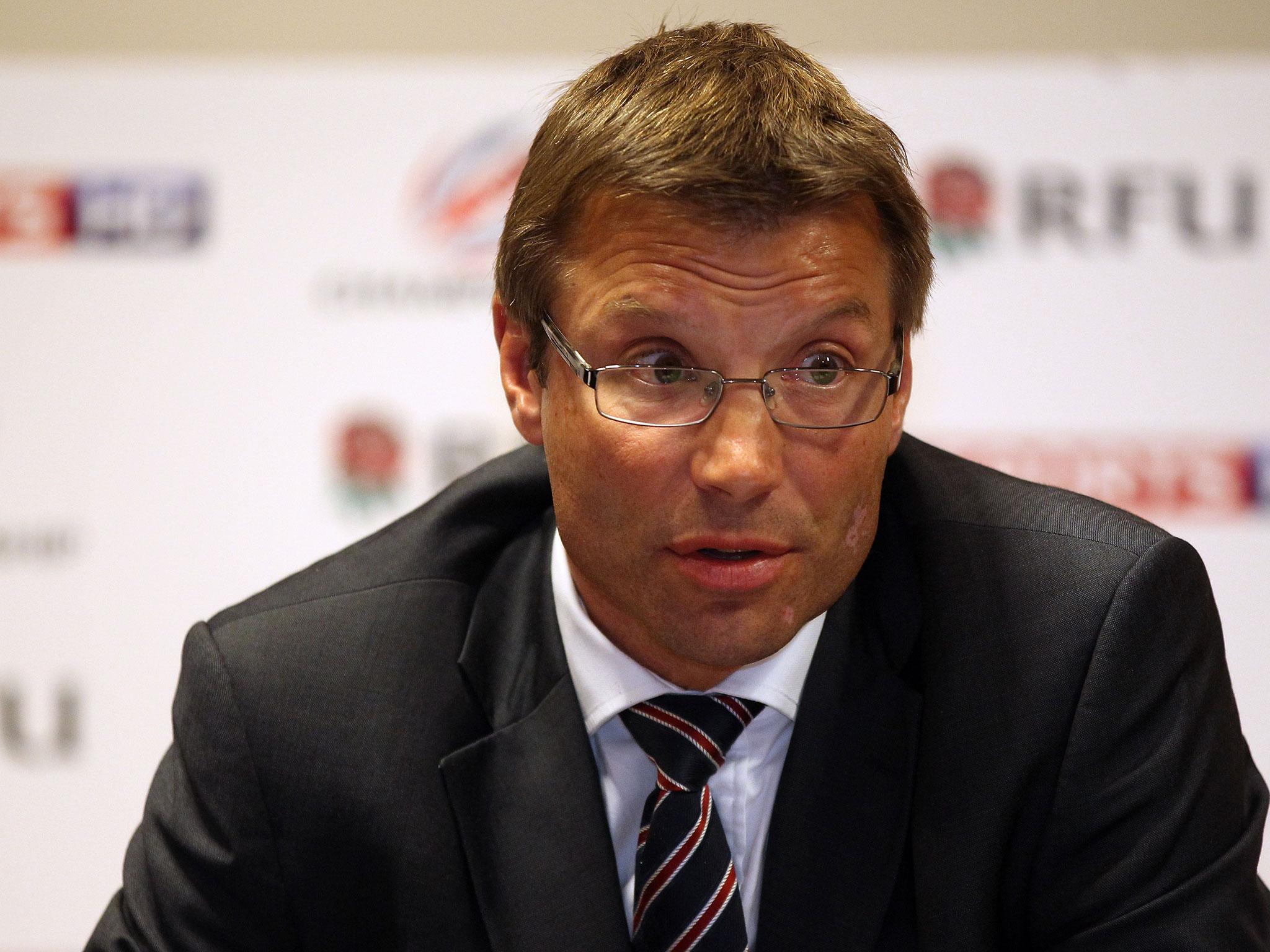
“Without compromise, the rugby union model worldwide will be under threat.”
This should have been the headline extract from Andrew’s book: “Compromise or rugby is finished.”
It simply isn’t sustainable to keep demanding players go back to the well week after week for more than 40 weeks a year.
But as long as the RFU (international rugby), Premier Rugby (English Premiership), Pro14 (formerly Celtic League) and EPCR (European Cup) remain steadfastly determined to deliver short-term cash injections above all else, it is the sport itself, and the players, who are compromised.
Ever since professional rugby was born in the weeks and months following the 1995 World Cup, none of the governing bodies has employed an administrator with the vision, authority and shear will to rein the sport in and attempt a less-is-more model where the on-field product is improved, demand is increased and profits are actually delivered over the long term.
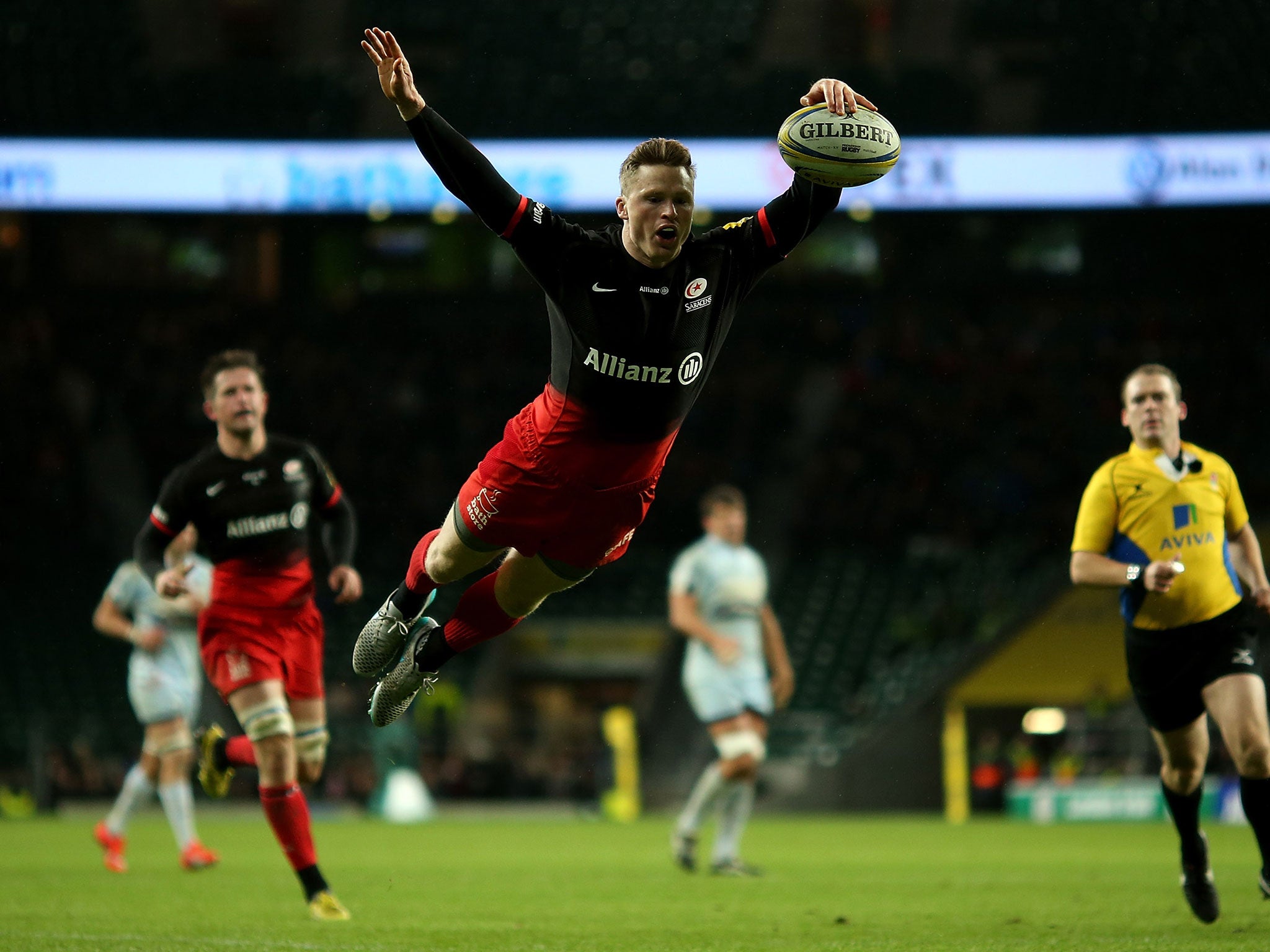
No-one is ever willing to concede serious ground despite the widely acknowledged fact that the model is broken. Play more games - make more money is the theory - ignoring the fact no-one bar the RFU, a handful of top players and the same small nexus of compromised administrators are actually making serious money from the game. European Cup champions Saracens are, remember, £40m in debt.
They say the definition of madness is to carry on doing the same thing over again while expecting a different outcome. More games, more money? It seems like Albert Einstein had it right.
Join our commenting forum
Join thought-provoking conversations, follow other Independent readers and see their replies
Comments
Bookmark popover
Removed from bookmarks